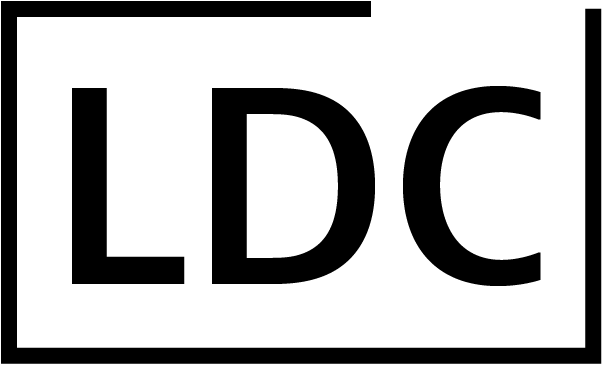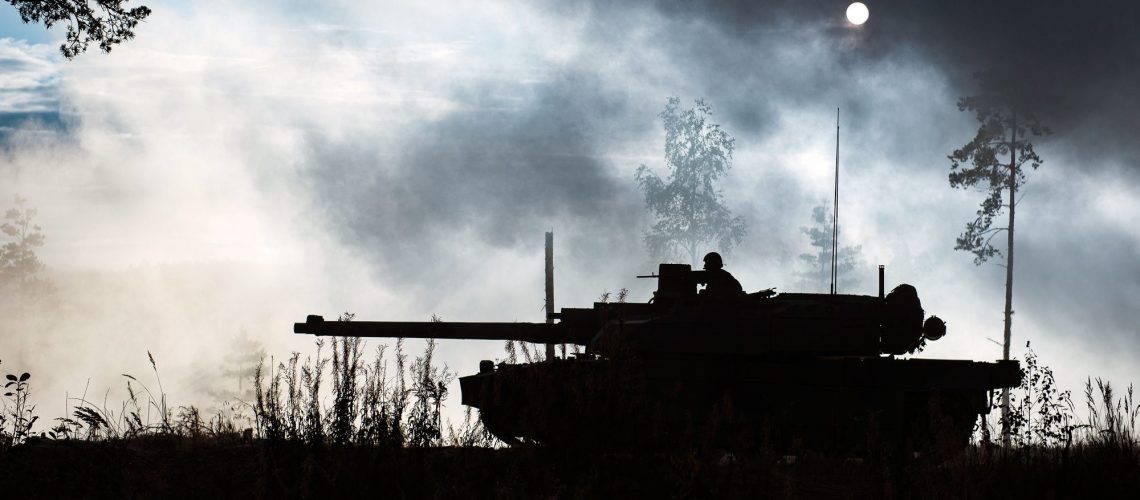We were wrong about Russia. We wanted to believe that Putin was different, that he would lead Russia into the international order. For a dozen years at the start of this century Angela Merkel, Nicolas Sarkozy and the rest of us courted him at the G8. European leaders rushed to Moscow to sign trade and energy deals; Russian money was welcome in our capitals.
He responded by breaking international treaties – agreements on arms control, troop movements and mutual inspections. He then invaded Georgia in 2008. We thought a slap on the wrist enough: his forces are still there today. In 2014 he invaded Crimea: we applied very limited sanctions, carefully excluding oil and gas; we refused to give Ukraine the weapons it desperately needs to repel Russian forces in the Donbas; and NATO adopted a light ten-year target to increase defence spending to just 2 per cent of GDP.
Unsurprisingly, none of that deterred him or helped to defend Ukraine. In 2022 he invaded the whole country. A fresh round of sanctions has failed to make him re-think. In fact Russia’s economy will grow twice as fast as ours this year. Its factories are now militarised and thousands of Russian troops are now pushing back Ukraine’s defences. Putin has doubled down again, certain he has little to fear from the western democracies.
Appeasement always costs lives, this time thousands of brave Ukrainian lives.
It will also cost us more, much more in the long run, in higher energy and food costs, and in the price of reconstructing Ukraine when the war ends.
The West needs to wake up. That 2 per cent NATO target expires this year: only a dozen of NATO’s thirty members meet it. Britain did so on my watch in 2016. Half the Alliance, however, mainly the wealthier half, doesn’t even spend 1.5 per cent. It’s the allies on the front line who have found the money to spend on defence – the Baltic States, Romania, Poland and Finland. That 2 per cent target, by the way, was nothing to do with Trump: it was set by Obama at the Cardiff summit in 2014. Successive US Presidents, Republicans and Democrats, have complained loudly that their taxpayers are bailing out the Europeans.
European politicians plead with Congress to release more funds for Ukraine, and it looks now as though more US aid is on the way. But we could be doing so much more ourselves: President Zelensky needs shells, planes and better air defence.
NATO members are clinging onto their own inventories. The EU promised to spend two billion euros on shells that are still yet to arrive. Too many Western capitals aren’t engaged at all while democracies further away can see the danger. Japanese forces exercised with NATO troops last summer, the Australian Navy helps patrol international shipping lanes in the Gulf.
If the war stops tomorrow, Putin wins. He now has almost 20 per cent of Ukraine: he can, and will, come back again for the rest. But, as Poland’s President Duda warned at last year’s London Defence Conference, he also has other pieces of the former Soviet Union in his sights. Transnistria, legally part of Moldova, has already asked for Russian “assistance”. Putin is constructing a naval base in Georgia: how long before that country is invaded again? Russian pressure mounts on Serbia too, after Moscow’s attempted coup in Montenegro. The Baltic States and the Kaliningrad corridor are always on his list.
For the West now this is an issue of political will. Putin has so far correctly calculated that, though our leaders claim to champion democracy and the rule of law, our heart isn’t really in it. We’ve signed treaty after treaty but failed to enforce them.
Indeed, the United Kingdom was a principal signatory to the Budapest agreement of 2008, specifically guaranteeing Ukraine’s borders. We’ve taken too long to bring candidate countries such as Ukraine and Moldova inside the NATO security umbrella. Above all, Europe is not sufficiently united.
The Council for Geostrategy – a member of the LDC partnership network – wants this year’s London Defence Conference to urge NATO’s Washington summit in July to set a new, tougher defence target – 3 per cent for everybody by 2030.
At home, we should press every candidate for every party in the general election to endorse a 2.5 per cent minimum defence budget in each year of the new Parliament, rising to a new NATO 3 per cent target at the end of it.
Of course there are other spending priorities. On health, pensions and infrastructure we all want to see more done. We certainly want to see defence funding spent better and more quickly on things that really make a difference, on proper air defence, a bigger navy, and a higher tech army. But defence is no longer just another spending choice. Without effective security that keeps our people safe, in the end nothing else that government does matters.
Sir Michael Fallon is a former Secretary of State for Defence and a member of the advisory board of the Council on Geostrategy.

